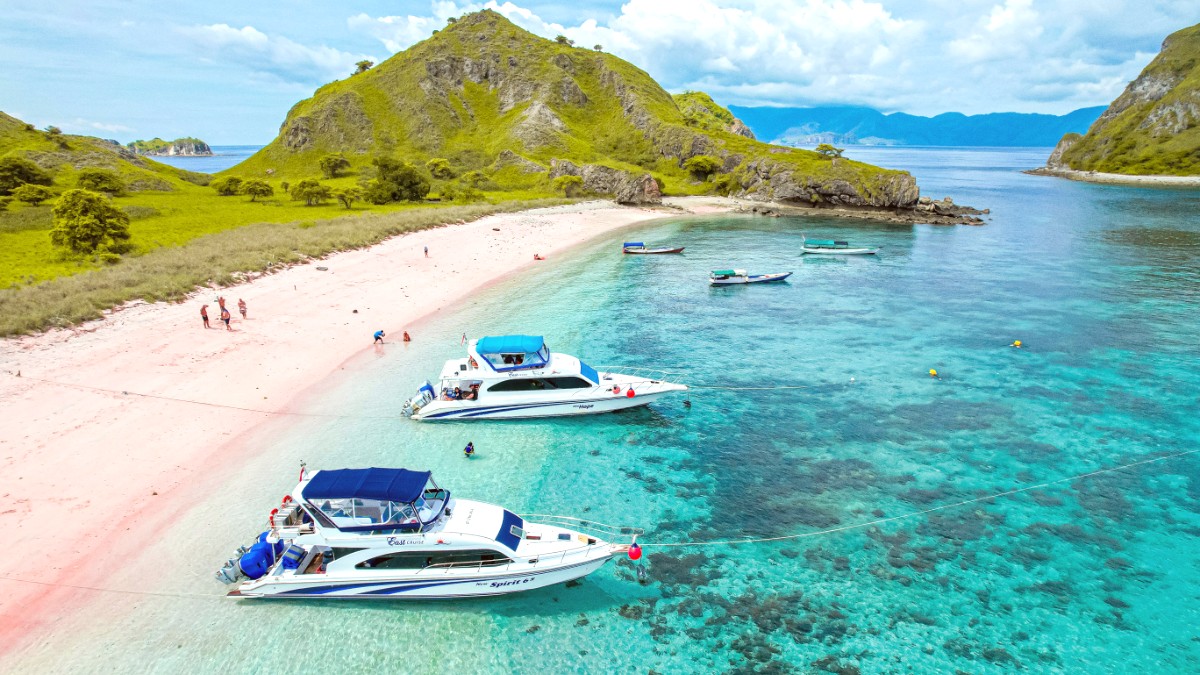
Komodo, Indonesia
Many nationalities enjoy visa-free entry to Indonesia for up to 30 days. For longer stays or specific purposes, a visa on arrival or a prior visa application becomes necessary. Regulations can change, so always check current requirements for your passport nationality.
Keeping digital and physical copies of your passport, visa, and tickets can be useful. Consider services that streamline the application IVisa or VisaHQ for clarity on requirements.
Travel insurance is advisable for any international journey. It covers unforeseen events like medical emergencies, trip cancellations, or lost belongings. Check policy details to match your itinerary and activities.
Consider policies from trusted providers. Options like World Nomads for adventurous journeys, SafetyWing for longer stays, or Insubuy for US-bound travel.
Accidents or illnesses.
Hospitalization, emergency medical evacuation, and doctor visits.
Pre-existing conditions, adventure sports add-ons.
Delays or cancellations.
Lost luggage, flight delays, trip interruption.
Weather-related disruptions, political instability.
Loss or theft of belongings.
Damaged or stolen luggage and personal effects.
High-value electronics, cash, or specific gear.
Consult your doctor about recommended vaccinations for Indonesia. Stay hydrated, especially in the tropical climate. Practice good hand hygiene. Bring any personal medications with you, along with copies of prescriptions.
Drink bottled water or use water purification methods. Tap water is not suitable for drinking. Products like LifeStraw offer portable filtration.
Always stay with your park ranger when seeing Komodo dragons. Do not approach any wildlife alone.
Use high-SPF sunscreen, wear hats, and seek shade during peak sun hours.
Carry a basic first aid kit for minor injuries. Brands like Adventure Medical Kits provide comprehensive options.
Keep valuables secure in anti-theft bags. Look into Pacsafe products for peace of mind.
For flight disruptions, check if AirHelp can assist with compensation claims.
The local currency in Indonesia is the Rupiah (IDR). While major towns like Labuan Bajo have ATMs and money changers, smaller islands, including Komodo, typically operate on a cash-only basis. Plan accordingly for park fees and small purchases.
ATM access is mainly in Labuan Bajo. Credit cards see limited acceptance outside major hotels or larger tour operators. Carry sufficient cash for daily expenses, park fees, and tips.
Komodo National Park trips can vary in cost based on boat type, duration, and activities. Research tour packages and allocate funds for park entrance fees, which are separate.
Mobile network coverage around Komodo National Park can be intermittent. Local SIM cards or eSIMs offer better connectivity than roaming. WiFi is usually available in Labuan Bajo hotels and some larger liveaboard boats.
Komodo National Park is in a predominantly Muslim region, and modest dress, especially outside tourist areas, is customary.
Greetings with a smile and a soft handshake are appreciated. When visiting villages, dress modestly, covering shoulders and knees. Remove your shoes before entering homes or places of worship.
Asking before taking photos of individuals demonstrates respect. Bargaining is common in markets, but do so respectfully and with a friendly demeanor.
Outside of beach areas, modest clothing (shoulders and knees covered) is appropriate. This applies especially when visiting local communities or religious sites.
Light, breathable fabrics that cover more skin are ideal for both sun protection and cultural respect.
Avoid overly revealing clothing when not at the beach or in swimming areas.
Public displays of affection are generally frowned upon. A calm demeanor helps navigate social interactions. Politeness is highly valued.
Engage locals with a smile and a friendly "Terima Kasih" (thank you).
Avoid overt displays of anger or frustration, as these are considered impolite.
While general landscape photography is fine, asking for permission before photographing people, especially in villages or religious contexts, is a sign of respect.
Always obtain explicit consent before taking close-up portraits of individuals.
Do not photograph children without a guardian's permission.
| Phrase | Pronunciation | Meaning |
|---|---|---|
| Halo | Hah-loh | Hello |
| Terima Kasih | Te-ree-mah kah-seeh | Thank You |
| Maaf | Mah-ahf | Excuse me / Sorry |